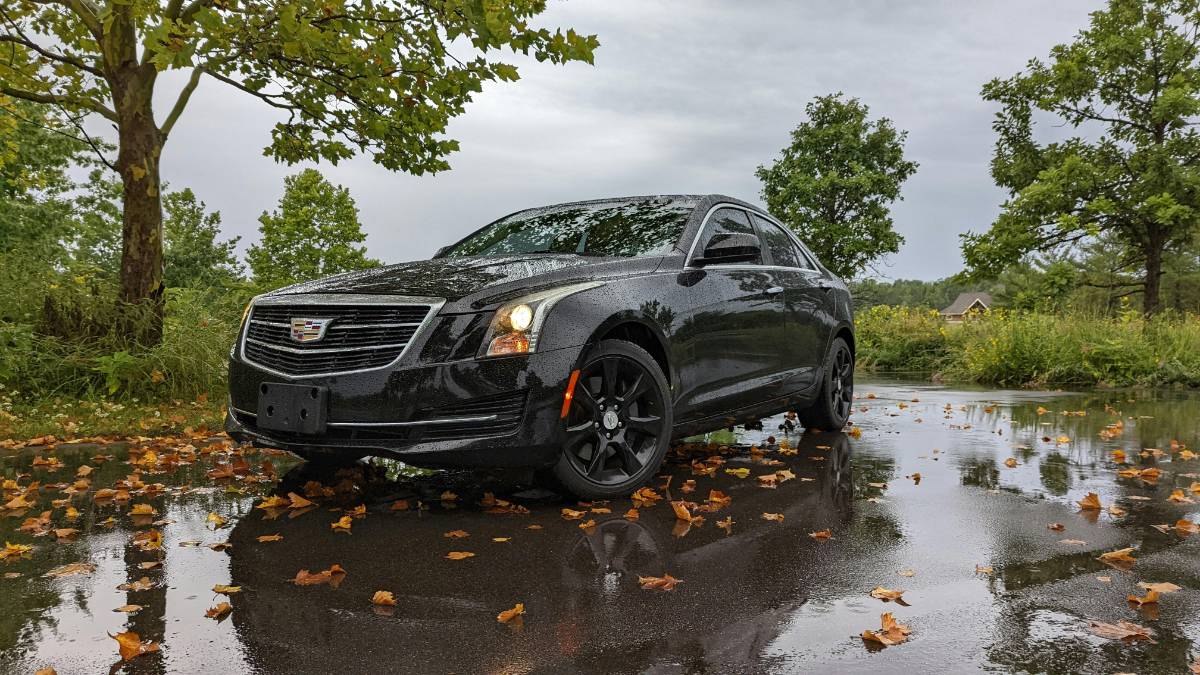
What Affects Your Car Insurance Premium in the U.S.?
Car insurance premiums can vary widely based on several factors. In the U.S., insurers use various criteria to calculate how much you will pay for coverage. While some of these factors are within your control, others are determined by external variables. Understanding what affects your premium can help you make informed decisions when shopping for insurance or trying to reduce your rates.
Driving Record
Your driving history plays a significant role in determining your car insurance premium. Insurers view your driving record as a reflection of how risky you are to insure. If you have a history of accidents, speeding tickets, or traffic violations, you will likely face higher premiums.
On the other hand, if you have a clean driving record with no accidents or violations, you could benefit from lower premiums. Safe drivers are less likely to file claims, which makes them less of a financial risk to insurers. Maintaining a good driving record over time can help you earn discounts and keep your premiums down.
Car Model
The make, model, and age of your vehicle are important factors that influence your insurance premium. Newer, more expensive cars often have higher premiums because they cost more to repair or replace. Luxury vehicles, sports cars, and high-performance models are particularly expensive to insure due to the increased repair costs and higher likelihood of theft.
In contrast, older cars or vehicles with safety features and lower repair costs tend to be cheaper to insure. When choosing a car, consider how the vehicle will affect your insurance rates. You can also explore ways to reduce premiums by selecting a model with high safety ratings and anti-theft technology.
Location
Where you live can have a significant impact on your car insurance premium. Insurers consider the area's traffic density, crime rates, and weather patterns when calculating premiums. For instance, if you live in an area with high rates of car theft, vandalism, or accidents, you may face higher premiums. Urban areas tend to have higher premiums due to the increased risk of accidents and theft.
Additionally, if you live in an area prone to natural disasters like hurricanes or floods, your premium may be higher due to the increased risk of damage to your vehicle. Conversely, rural areas with less traffic and fewer accidents may result in lower premiums.
Age and Gender

Your age and gender are other factors that affect your car insurance premium. Younger drivers, especially those under 25, typically pay higher premiums due to their inexperience and higher likelihood of being involved in an accident. Teenagers and young adults are statistically more likely to engage in risky driving behavior, which makes them a higher risk for insurers.
You might also like
1. Types of Car Insurance Coverage Every Driver Should Know2. Tips for Lowering Your Life Insurance Premiums3. Renewing or Switching Your Car Insurance: A Guide4. Employer-Sponsored Health Insurance ExplainedIn general, men are more likely to be involved in accidents than women, particularly young men. As a result, young male drivers tend to pay more for insurance than young female drivers. However, as you age and gain more experience behind the wheel, your premiums will generally decrease.
Credit Score
Your credit score can also affect your car insurance premium. Many insurers use credit-based insurance scores to predict the likelihood of a policyholder filing a claim. Studies have shown that people with lower credit scores are more likely to file claims, which can make them a higher risk to insure.
If you have a poor credit score, you may face higher premiums. Improving your credit score over time can help you secure more affordable car insurance rates. Some states, however, have banned the use of credit scores in determining premiums, so this may not apply in those areas.
Coverage and Deductibles
The level of coverage you choose and your deductible amount can greatly affect your car insurance premium. Higher levels of coverage, such as full coverage (which includes collision and comprehensive insurance), will result in higher premiums because you're protecting yourself and your vehicle more thoroughly. If you opt for minimal coverage, such as just liability insurance, your premium will generally be lower.
Your deductible is the amount you must pay out of pocket before your insurance kicks in. A higher deductible usually results in a lower premium, while a lower deductible will increase your premium. It's essential to balance your desired level of coverage with what you can afford in terms of both premiums and deductibles.
Claims History
Your past claims history is another important factor that influences your premium. If you've filed multiple claims in the past, insurers may view you as a higher risk and charge you higher premiums. On the other hand, if you've gone several years without filing any claims, you may be eligible for discounts or lower rates as a reward for your claims-free history.
Insurers may also look at the frequency of claims, the type of claims filed, and the severity of the claims. For example, a minor accident may have a less significant impact on your premium than a major accident that results in significant damage or injury.
Marital Status
Married individuals often pay lower premiums than single individuals. Insurance companies believe that married couples tend to be more responsible and less likely to be involved in accidents. As a result, married drivers may be offered lower rates as a reward for their perceived stability.
Single drivers, particularly younger ones, are often viewed as higher-risk drivers, which can lead to higher premiums. If you're married or in a domestic partnership, be sure to inform your insurance provider, as this can sometimes result in a discount.
Driving Habits
The way you use your vehicle can affect your insurance premium as well. If you drive long distances every day for work or frequently use your car for business purposes, you may face higher premiums because you're on the road more often, increasing the chances of an accident.
On the other hand, if you use your car primarily for short trips or have a relatively low annual mileage, you may qualify for lower rates. Some insurers offer low-mileage discounts, so it’s worth asking about this if you don't drive much.
Conclusion
Car insurance premiums are influenced by a variety of factors, including your driving history, car model, location, and personal characteristics like age and credit score. While some factors are within your control, others are not. By understanding the factors that affect your premium, you can make informed choices about how to lower your rates and find the best insurance coverage for your needs.
If you're looking to reduce your premium, consider improving your credit score, maintaining a clean driving record, and shopping around for the best rates. Additionally, adjusting your coverage limits and deductibles can help balance affordability with the level of protection you need.
About the author
Ethan Harris is a seasoned finance writer with over 8 years of experience helping millennials and Gen Z take control of their money. With a background in economics and a passion for demystifying complex financial concepts, Ananya shares actionable tips on budgeting, investing, and building long-term wealth. Her mission is to make financial literacy accessible, relatable, and empowering — no jargon, just smart money moves.


